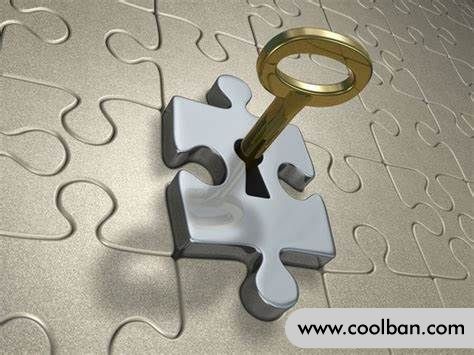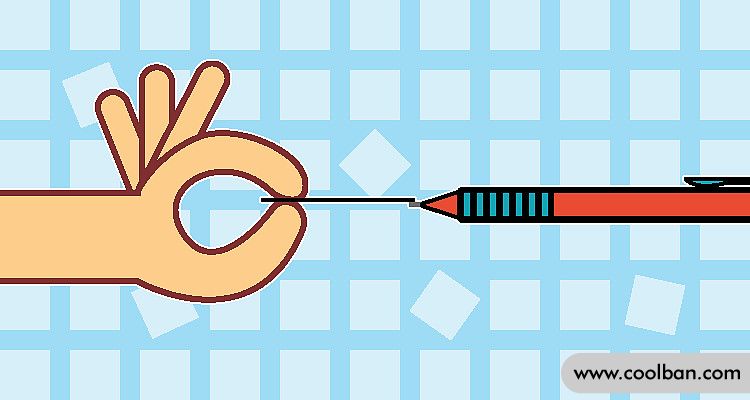What are the symptoms of obsessive-compulsive disorder?
What is obsessive-compulsive disorder? In simple terms, obsessive-compulsive disorder is a recurring and uncontrolled idea or behavior. There are many manifestations of obsessive-compulsive disorder, which can be a single symptom or a combination of symptoms. The manifestations of obsessive-compulsive disorder are relatively fixed for a period of time, but the content of the manifestations will continue to change over time. But no matter how you change it, the manifestations of obsessive-compulsive disorder have the following characteristics, let's take a look.

Feature 1: Idea compulsion
Refers to the persistent and stubborn recurrence of an association, idea, memory, or doubt that cannot be controlled. The main manifestations are: forced association: hearing or seeing a certain idea or sentence in the mind, and thinking of some unpleasant things or disasters, repeatedly thinking of unfortunate events, knowing that it is impossible, but also difficult to restrain, and sometimes nervous and fear; forced recall: repeated insignificant things that have been done in the mind, knowing that it is meaningless, but unable to restrain; forced doubt: need to repeatedly confirm whether their actions are correct, resulting in unnecessary anxiety. If you have doubts about whether the doors and windows are really closed after going out, after repeated reflections, you feel that they have been closed, but you have to go back to check. Otherwise, you will be anxious all day; obsessive exhaustion: thinking repeatedly about the established phenomena of nature, knowing that it is meaningless, but unable to restrain, such as thinking repeatedly: "Why does the sun rise in the east and set in the west." Forced opposing thinking: seeing a sentence or When a thought appears in my mind, I think of opposite words or concepts, and they appear in my mind repeatedly, so I feel distressed and nervous. If I think of "support", "opposition" appears immediately; when I say "good people", I think of "Bad" etc.; Obsessional thinking: having some strong urge or thought that repeatedly or persistently breaks into the mind inappropriately, having the characteristic of doing something against one's will or making one feel miserable, but which doesn't actually change for behavior.

Feature 2: Action compulsion
Compulsive Examination: Usually occurs at the same time as compulsive doubts. Do not feel at ease about things that you know you have done, check repeatedly, and take measures to alleviate strong suspicions. The specific manifestations include: repeated inspections of doors and windows, power supply or natural gas, etc.; forced washing: to eliminate concerns about stolen goods or bacterial contamination, Wash repeatedly. Always feel dirty, know that it has been cleaned, but can’t control it instead of washing it; compulsive counting: obsessive thinking about numbers, repeatedly counting or counting, uncontrollably counting steps, doing a certain action for a certain number of times, or feeling uneasy If it is missed, it must be counted again; obsessive ritual actions: actions taken to reduce or prevent anxiety caused by obsessions, which are specifically manifested before daily activities, and must have certain procedures before going to bed, such as taking off clothes and shoes before going to bed. Place it according to a fixed rule, otherwise you will feel uneasy, and re-dress, shoes, and then take off according to the procedures.

Performance feature three: Intentional compulsion
On certain occasions, the obsessive-compulsive disorder suffers from a characteristic of knowing that it is contrary to the actual situation, but unable to control the appearance of this intention, so it is distressed. For example, when the mother carried the child to the river, she suddenly had the idea of throwing the child into the river. Although no corresponding action occurred, the patient was very nervous and fearful.
Performance feature four: emotional compulsion
This compulsion is characterized by the fear of losing control of one's emotions, often manifested in fear of doing something that violates the law and harms the world. Obsessive-compulsive features and negative emotions and features such as anxiety, fear, and depression are causal and reciprocal.
